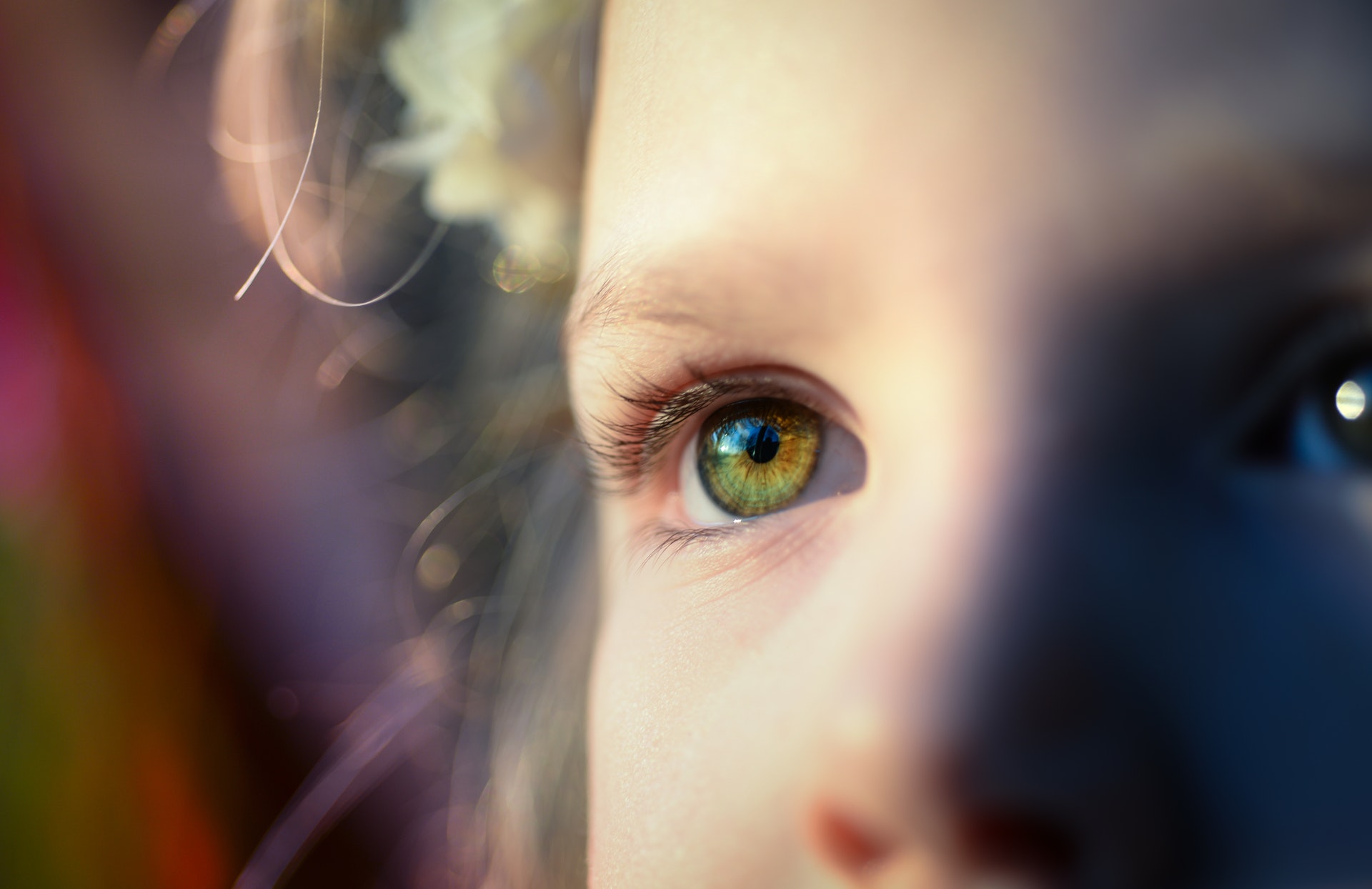Depression in kids: When to seek help

Feeling blue is part of growing up, but depression is a whole different beast.
Sometimes life throws curveballs that can make anyone feel down. But clinical depression? That’s like a heavy fog that won’t lift. It’s serious stuff that needs proper care.
Three things make clinical depression stand out:
- How much it messes with daily life
- How deep it digs its claws in
- How long it sticks around
Clinical depression isn’t just having a bad day. It’s like a dark cloud that follows you around all day, almost every day, for at least two weeks straight.
Depression in Young Folks is on the Rise
These days, 1 in 8 teens is battling this beast. And that number keeps climbing year after year. Lots of young people don’t get the help they need. Not because nobody cares, but because it’s like trying to spot a chameleon – tricky!
Young folks often don’t say “Hey, I’m sad.” They show it in sneaky ways. It takes a pro to sit down with them and their folks to figure out what’s really going on.
Keep your eyes peeled for:
- Headaches that won’t quit
- Tummy troubles that keep coming back
- Eating like a bird or a horse
- Sleeping too much or too little
- Daydreaming all the time
- Acting like a sloth
- Turning into a hermit
If you spot a bunch of these, depression might be lurking. Time to chat with a brain expert.
Life can sometimes kick young folks when they’re down. Losing someone they love or a best buddy can trigger the blues. Knowing these danger zones helps adults be there for the young ones.
Grown-ups can learn more about helping sad youngsters. Check out this article on what to say to someone who is hurting emotionally for some solid advice.
I once met a family with a teen who was acting funny. The parents thought it was just “teen drama”. But after we had a heart-to-heart, they got help. With the right care, that teen bounced back.
Remember, depression in young people is as real as a heart attack. It needs TLC, just like any other health hiccup. If your gut says something’s off, talk to a doc. Catching it early can make all the difference.
Spotting depression in young folks can be like finding a needle in a haystack. But knowing what to look for helps. Trust your instincts. If something seems fishy, it’s okay to ask for backup. A young person’s mental health is precious cargo.
How Depression Messes with Young Minds
Depression does more than just bring you down. It can flip a young person’s world upside down. It changes how they think, act, and see themselves and everything around them. A young person fighting depression might struggle in class, have trouble making pals, or lose interest in things they used to love.
In my years of helping families, I’ve seen depression sneak up on young folks like a thief in the night. I once worked with a young guy who started bombing tests. His folks thought he was just being lazy. Turns out, he couldn’t focus because depression was fogging up his brain. With the right help, his grades shot back up like a rocket.
Depression can play tricks on a young body too. They might have aches and pains that doctors can’t explain. I knew a young lady who had such bad stomach aches she missed tons of school. The docs were stumped. In the end, it was depression causing all the fuss.
Throwing a Lifeline to a Young Person with Depression
If you think a young person in your life might be wrestling with depression, don’t sit on your hands. Here’s what you can do:
- Have a heart-to-heart. Let them know you’ve noticed something’s up and you’ve got their back.
- Lend an ear without judging. Sometimes, young folks just need someone to listen.
- Hit up the family doc. They can check for physical stuff and point you to a brain expert if needed.
- Think about therapy. A therapist can teach the young person tricks to fight depression.
- Look into meds. Some young folks do better with pills, but only under a doc’s watchful eye.
- Push for healthy habits. Good sleep, moving around, and eating right can help kick depression to the curb.
Keeping Depression at Bay
While you can’t always stop depression in its tracks, you can help young folks build up their defenses. Here’s how:
- Teach them to put a name to their feelings. Young folks who can talk about emotions handle tough times better.
- Help them build a squad. Good friends and family ties are like armor against depression.
- Encourage problem-solving. Show them how to tackle big problems one bite at a time.
- Push for a healthy lifestyle. Regular exercise, good sleep, and healthy grub can boost mood.
- Be a good example. Show them how you handle stress in healthy ways.
I’ve seen these tricks work wonders. One family I helped made a game of naming feelings at dinner. Their young one got better at talking about emotions and their mood improved like magic.
How Schools Can Spot the Warning Signs
Teachers are often the first to notice when something’s off. They see young folks every day and can spot changes in how they act or how well they’re doing. Some schools have special programs to catch depression early.
I once worked with a school that started a “buddy system”. Older students looked out for younger ones. It helped catch problems early and made young folks feel less alone.
When to Call in the Cavalry
Sometimes, depression in young folks can turn into an emergency. If a young person talks about hurting themselves or seems like they might do something drastic, get help right away. You can call a crisis hotline or head to the emergency room.
Depression in young folks is serious business, but there’s light at the end of the tunnel. With the right help, they can bounce back. Don’t be scared to reach out for backup. A young person’s mental health is worth fighting for.
Remember, you’re not alone in this fight. Lots of families deal with depression in young people. By keeping your eyes open, getting help early, and showing lots of love and support, you can help guide them through this storm.

Author: Michelle Landeros, LMFT
Michelle Landeros is a Licensed Marriage Family Therapist (LMFT). She is passionate about helping individuals, couples and families thrive.


